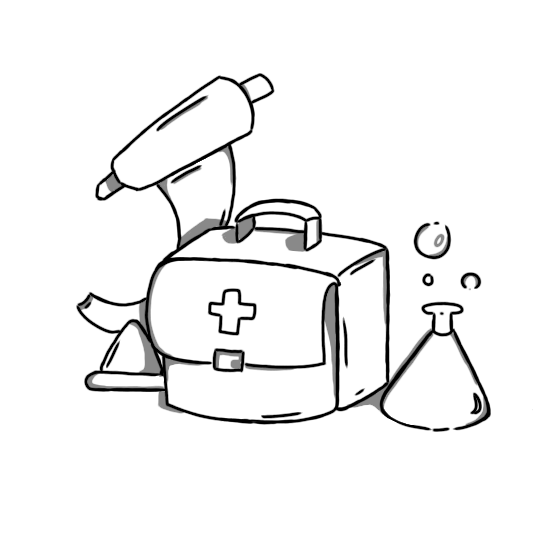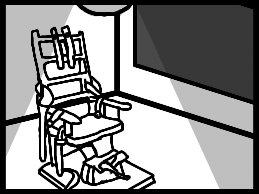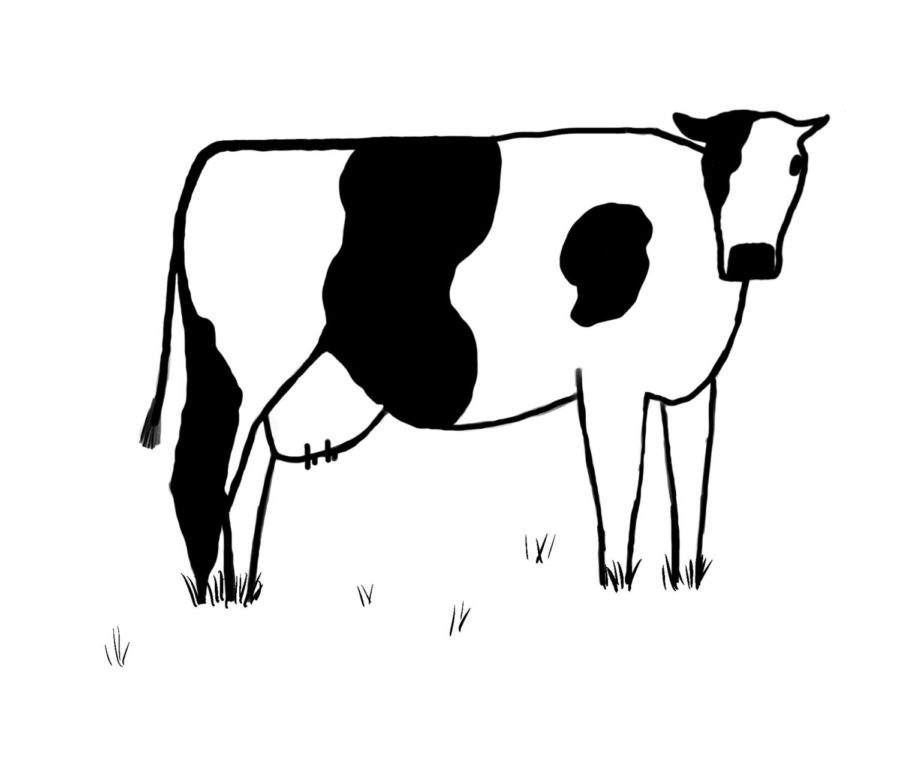A recent fad diet, eating gluten-free (GF), has escalated due to the limelight received through popular success stories and media. Gluten is an “elastic- type” protein found in grains, which include wheat, barley and rye.
A common misconception of a GF diet is that it’s merely a wheat free diet, though gluten is found in unlikely products. Most products that are consumed everyday contain gluten such as cookies, bread, pasta, crackers, and gravy. Many don’t realize gluten is contained in products such as soy sauce, and ketchup, beer, salad dressing and lunchmeat.
A gluten free diet is usually geared for those who suffer from celiac disease. According to the University of Wisconsin, “celiac disease is an autoimmune disorder that damages the small intestine lining and prevents absorption of nutrients from foods that are consumed, the damage is due to a reaction to eating gluten”.
There is no found cure for celiac disease; the only prevention of symptoms is to maintain a complete gluten-free lifestyle. To avoid the symptoms of celiac disease, gluten has to be fully removed from your diet.
According to the National Foundation for Celiac Awareness, an estimated 1 in 133 Americans suffer from celiac disease; not including the 20 million reported individuals with gluten sensitivity. The symptoms of celiac disease are common throughout different sicknesses, 85 percent of sufferers are not diagnosed or are misdiagnosed.
By avoiding gluten lost nutrients must be compensated. There are many GF free substitutes available, though they aren’t always a healthier alternative. A negative impact of gluten free is the cost. GF products are often more expensive than regular products. For example, instead of purchasing cheap generic white flour, one must purchase certified gluten- free flour instead.
Although GF is meant for sufferers of celiac disease, many people use this diet as a weight loss and energy boost plan. No studies prove that it increases energy levels but is thought to have this claim because by avoiding processed foods and replacing it with fruits and vegetables, that include an abundant amount of vitamins and minerals, increased energy is the result.
Avoiding gluten without a sensitivity can cause a deficiency in protein and vitamins. If you are trying to lose weight or gain energy, it is recommended to seek the help of a dietician.












